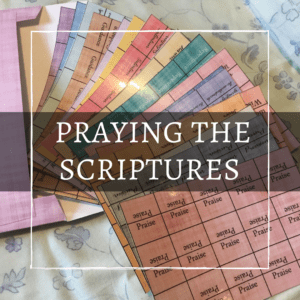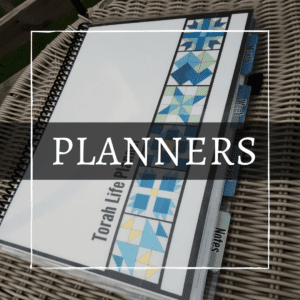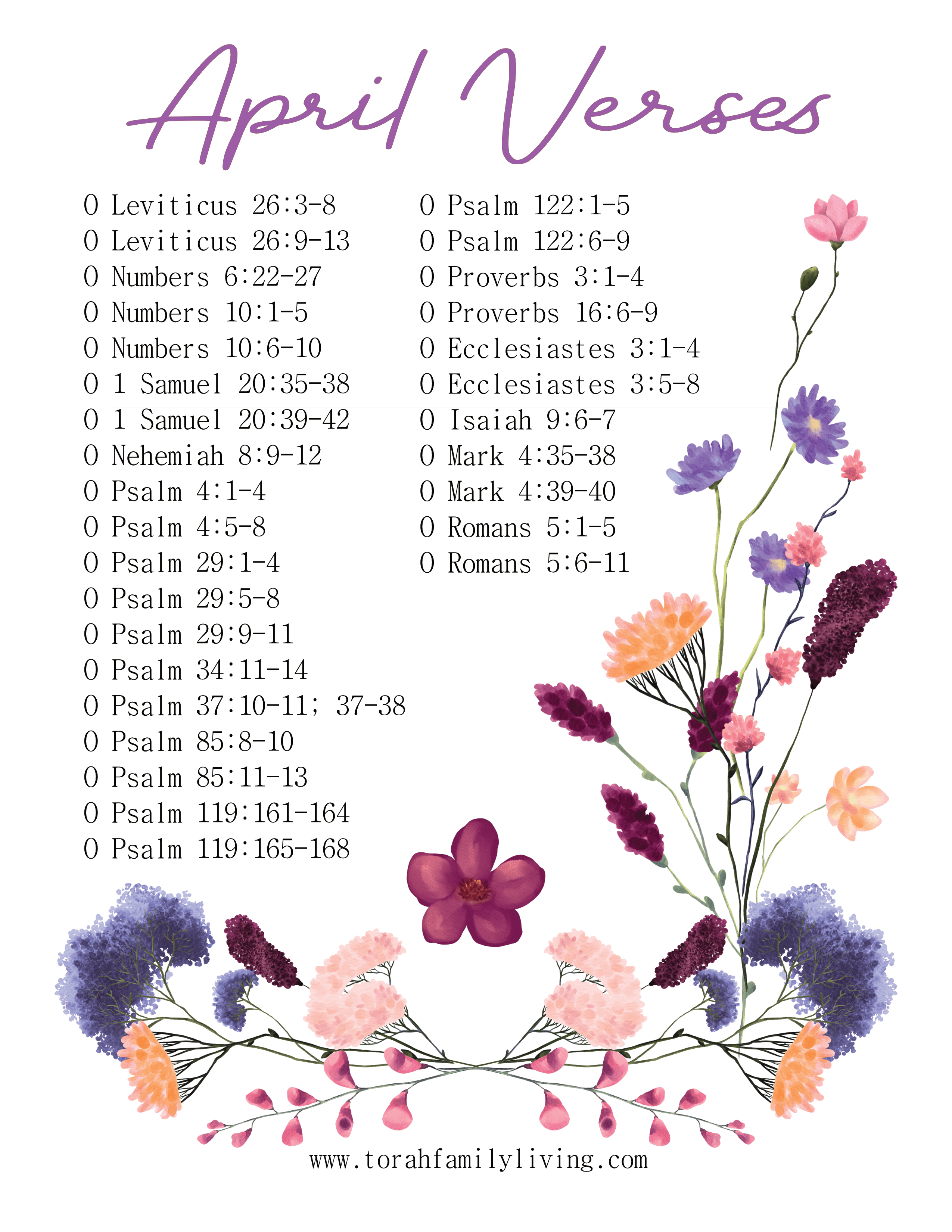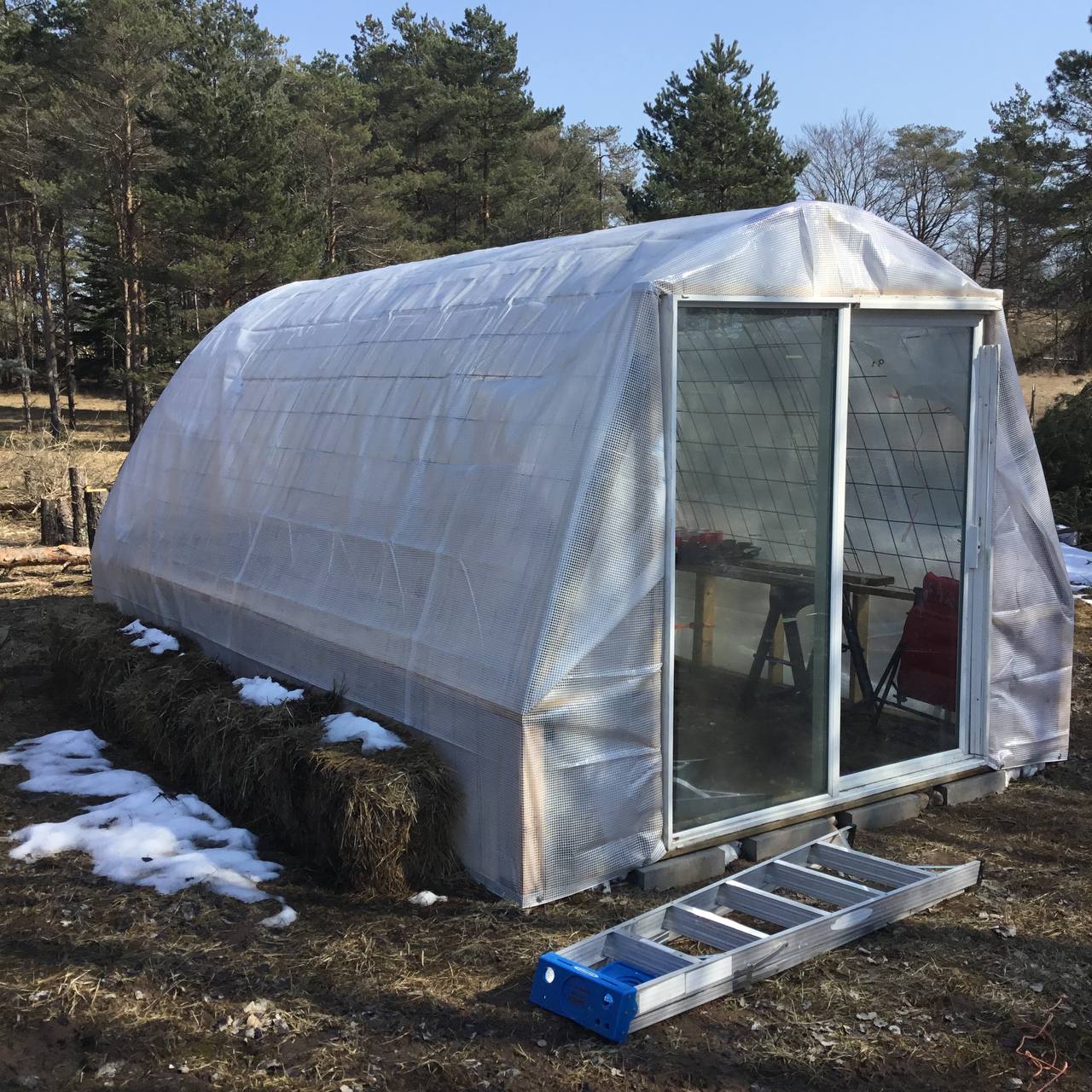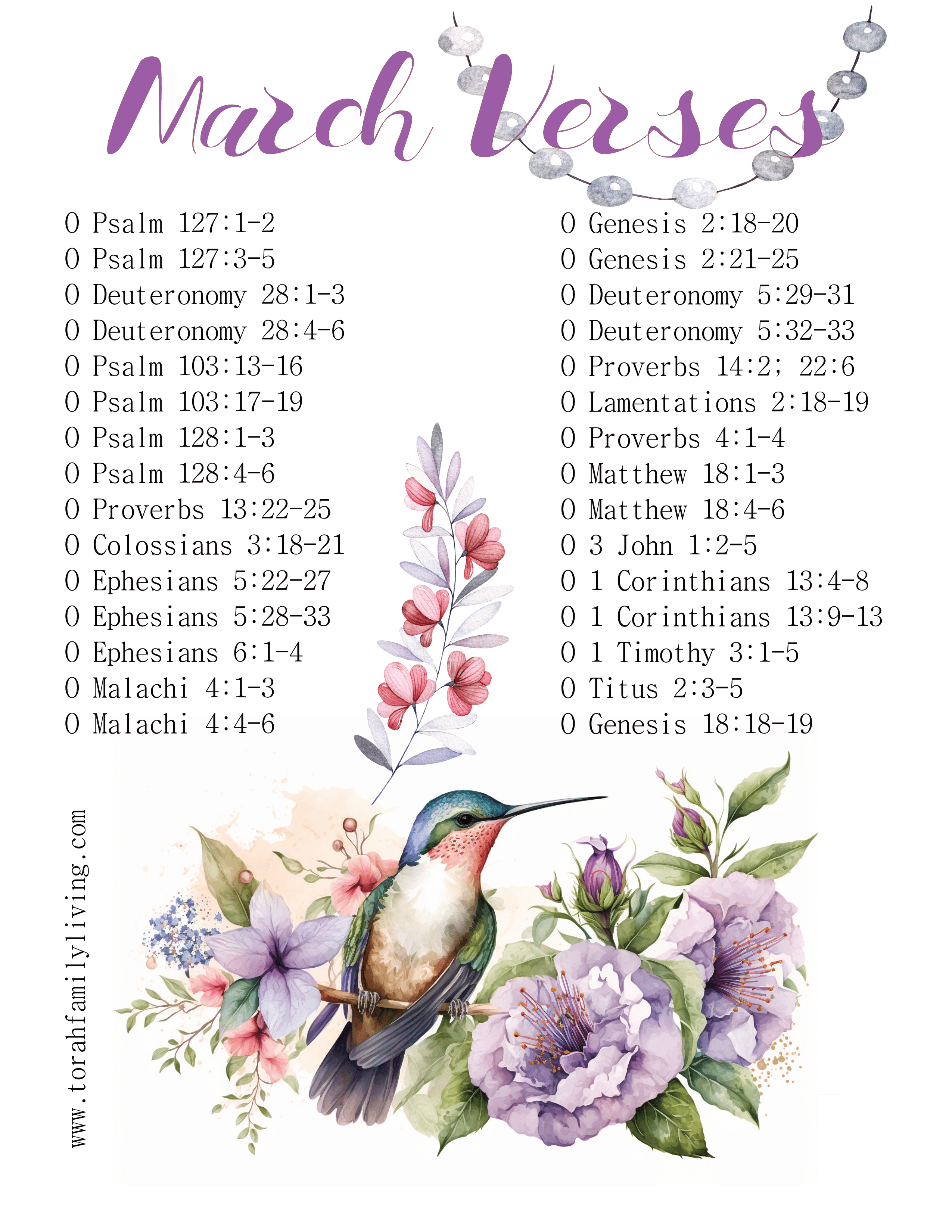Do you have any empty shelves in your kitchen cabinets right now? The answer is a big – probably not! Do you know why? Because it’s human nature for us to fill containers up, and when we fill a container, we tend to get another container. That’s why we tend to fill our cabinets, our closets, and our homes. It takes a great bit of discipline to leave space in the container, or at least limit ourselves to one container.

What does this have to do with money?
When looking at this container principle in the money world, your income is the container, and your expenses get put in the container. The idea is to make sure your expenses take up less space than the income provides. In simple terms, spend less than you make. This one principle will allow you to finally get ahead on your finances. You will see your money begin to grow, even without investing. This is why keeping track of your spending is so important. If you know that you get paid $500, you need to track your spending to make sure that you spend less than $500.
Why should I leave space?
When you are able to exercise enough self-discipline with your spending, you will begin to see some extra space in your money container. This is where we can reduce money-induced stress. It’s a great feeling to know that you can cover your bills. It’s an even better feeling when you don’t need to panic when a money emergency arises. When my van broke down and left us on the side of the road, it was frustrating! But I was thankful for my emergency fund to pay the bill without having to go into debt.
The only way to get over money stress is to keep space in your income container. This extra space not only provides for your money emergencies, it also allows you to provide for other peoples’ emergencies. Sometimes, dear friends or family run into a crisis and could really use help. It feels good to pass on our extra to relieve their burden. Providing for widows and orphans is a high priority to us, since it is a Biblical principle. (see James 1:27) Our extra space enables us to do that regularly. The most obvious way to make this space is to keep your spending under control. What else can you do?
How do I leave space?
The first step in Dave Ramsey’s financial plan (author of several financial books) is to get together an emergency fund of $1000. This step was what turned our finances around. We worked hard to get an emergency fund together, and it has helped us many times. The key, once you have an emergency fund, is to only use it for emergencies. Our fund has helped us pay for unexpected car repairs, cover a higher than expected propane bill, and occasionally, a medical bill. Once we tap into our emergency fund, the first order of business is to build it back up again. I am working on that right now. If you are just beginning the work of allowing extra space in your finances, start by building up a $1000 emergency fund.

Another great way to create extra financial space is to secure a side income. I have a small business selling books and planners. This income is variable, so I don’t include it in our regular income. It is kept in a separate account. This enables me to pay for business expenses, like paper and website fees, without touching our household income. It also provides extra money when we need it. I was grateful for this extra income when I had two surgeries in 10 months. I was able to pay for both of them largely out of my side income. With some creativity, setting up a side income can be well worth the effort.
The easiest, or perhaps the hardest, way to create extra space, is to say no to purchases. It’s easy to do in theory, but not always easy to do when you really want that item! How do you learn how to say no in an instant gratification society? Here’s some tips.
- Ask if it’s a need or a want. This post can help.
- Make yourself wait a certain period of time, such as 2 weeks. If you still want it, then go ahead and purchase it. If not, you just created some money space!
- Get an accountability partner. If you are married, work with your spouse to create checkpoints on purchases. Ask each other about purchases, since you are in this boat together. A reliable friend can also be called when you need help saying no.
It’s your turn!
Not sure how much is in your money container? Be sure to download my budget worksheet to get a clear picture of your finances. Today is the best day to start making money space.
How do you plan to start making space in your income container? Comment below with your ideas!
(As an Amazon Associate I earn from qualifying purchases.)




